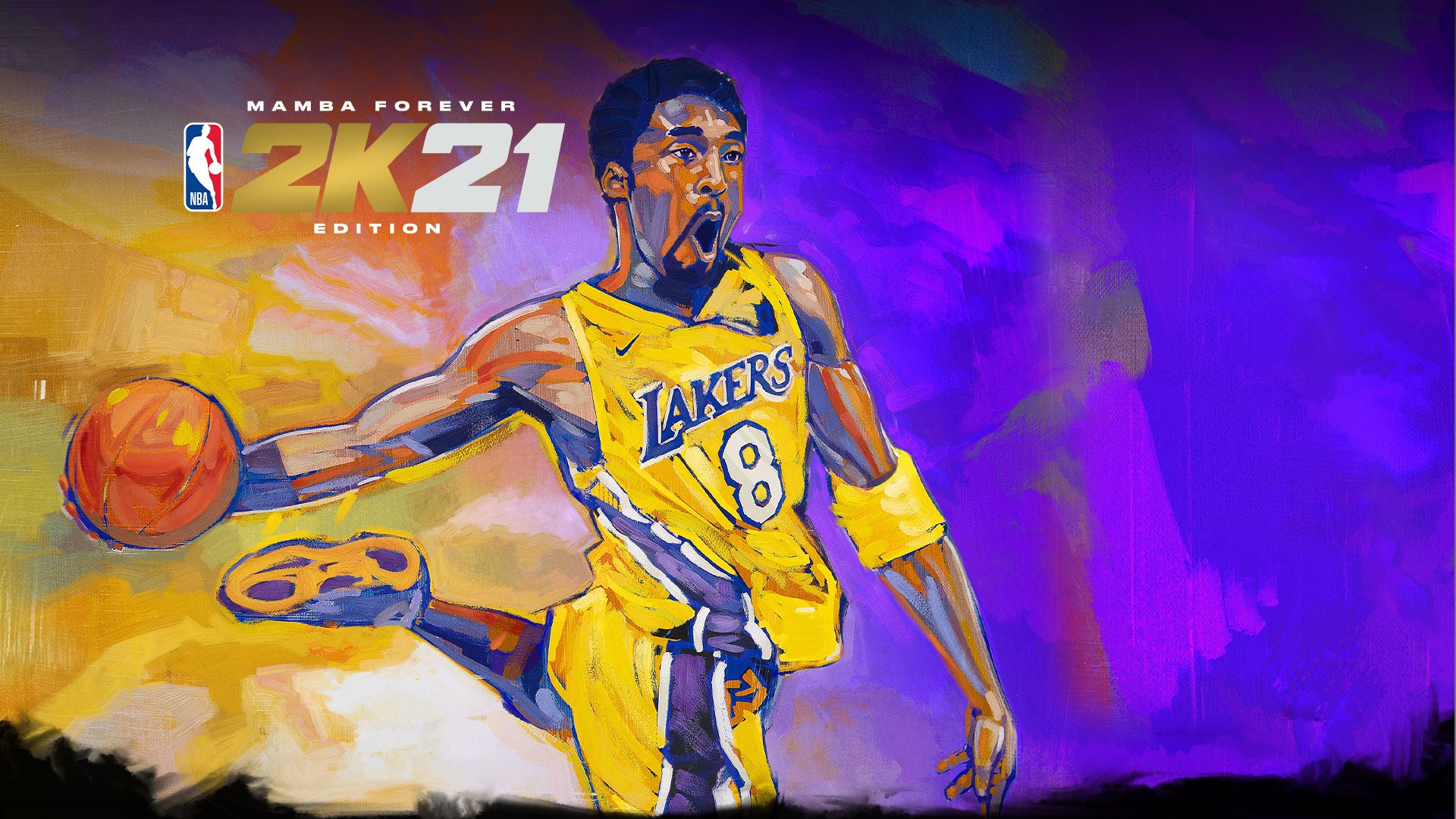A hot potato: We know that some publishers are planning to increase the price of games on next-gen consoles by $10, taking them to an average of $70. One company that's already confirmed the hike is Take-Two Interactive, parent of Rockstar and 2K. Now, it's called the increase "justified" because of the higher development costs and improved user experience.

Last month, research firm IDG reported that more developers were considering increasing the baseline price of AAA games for the PS5 and Xbox Series X. While $60 has been the standard for many years, developing games for the upcoming consoles brings higher costs. Take-Two believes these should be passed on to the consumer, and has already confirmed that NBA 2K21 will be $70 on the machines,
"There hasn't been a price increase for frontline titles for a really long time, despite the fact that it costs a great deal more to make those titles," said Take-Two CEO Strauss Zelnick in an interview with Gamesindustry.biz. "And we think with the value we offer consumers [...] and the kind of experience you can really only have on these next-generation consoles, that the price is justified. But it's easy to say that when you're delivering extraordinary quality, and that's what our company prides itself on doing."
"The pricing has to reflect the quality of the experience, and we aim to provide the best experiences in the business. And from our point of view, it's an extremely modest price change given that prices haven't changed for a very long time."
Strauss did add that not all Take-Two games would see a $10 price jump on the PS5/XBSX, and that pricing would be decided on a "title-by-title basis."
Not every publisher has announced that their next-gen games would be more expensive. Ubisoft says its holiday titles will be the same price on both the PS5/Xbox Series X and current-gen machines. Whether that stance changes in the future remains to be seen.
The last time games saw a price increase was 2005 when they jumped from $49.99 to $59.99. According to IDG, development costs for next-gen titles have risen by 200 to 300 percent. The research firm's president and CEO, Yoshio Osaki, said: "Even with the increase to $69.99 for next-gen, that price increase from 2005 to 2020 next-gen is only up 17%, far lower than the other comparisons."
Are you happy to pay more for next-gen games, or do you feel that prices are high enough already? Let us know in the comments below.
https://www.techspot.com/news/86237-take-two-10-price-increase-next-gen-games.html